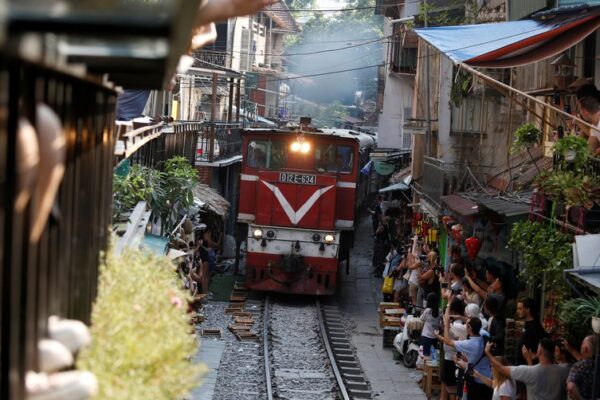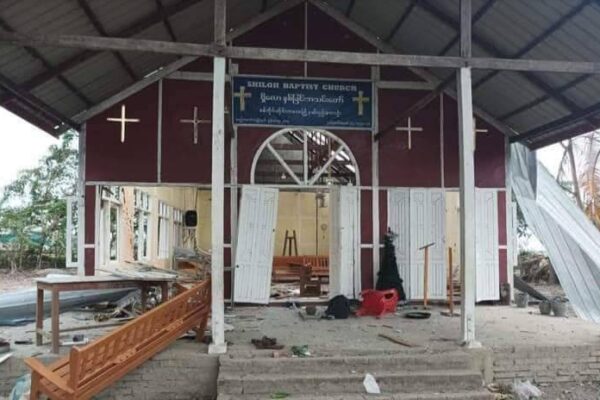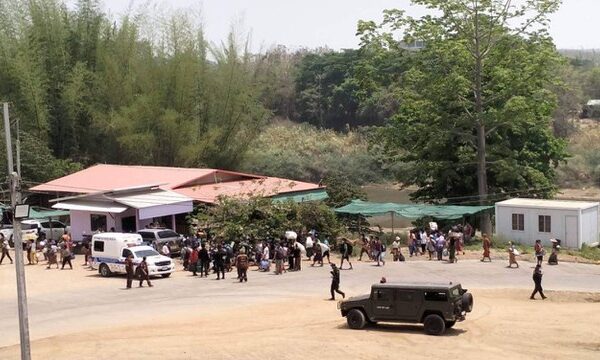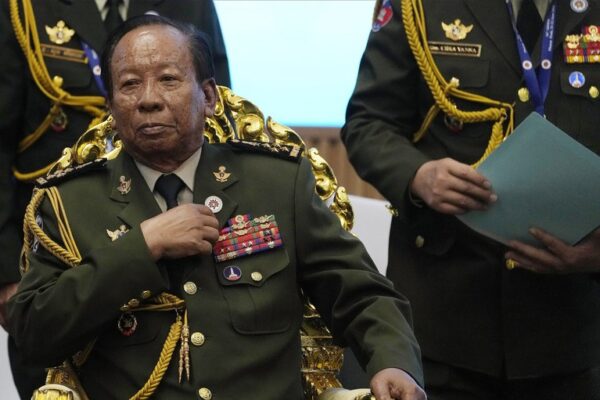Myanmar’s military bombs village ceremony killing scores of civilians
As many as 100 villagers have been killed and more than 50 injured when junta aircraft bombed crowds attending an office opening ceremony in Sagaing region’s Kanbalu township, locals said. Most of the injured and dead were women and children, witnesses told RFA. They said it was hard to tell how many people had died because the bodies were so badly mangled by the bombs and machine gun fire. “I saw the bodies of four to six children who had been blown about 100 feet [30 meters from the building],” said a local who didn’t want to be identified. “I saw bodies ripped open and burnt.” People Media, the news agency of the Union Solidarity and Development Party – which serves as the junta’s electoral proxy party – said the army’s Northwestern Regional Headquarters carried out Tuesday morning’s attack on Pa Zi Gyi village. It did not mention the number of casualties. The air strike happened during the inauguration of a public administration office established by Myanmar’s parallel National Unity Government, Nay Zin Latt, the National League for Democracy MP for Kanbalu township told RFA. The junta dissolved the NLD last month after the party failed to re-register with the Election Commission but members continue to work with the NUG to try to restore democracy in Myanmar and carry out administrative work in areas not under junta control. Locals said junta troops carry out frequent raids on Pa Zi Gyi. Nay Zin said many people died on the spot after a jet fighter dropped two bombs and an Mi-35 attack helicopter fired over 200 shots from its machine guns. He said more than 800 locals were attending the ceremony. “There was a group of local residents who were discussing how to manage social issues in the community,” he said. “They were bombarded by the air and shot at non-stop with machine guns. The shooting took about 15 minutes.” He said the injured were taken to nearby villages and some local voluntary groups were providing medical treatment. RFA called Aye Hlaing, Sagaing region’s junta spokesperson and social affairs minister, but no one answered. Translated by RFA Burmese. Edited by Mike Firn.








